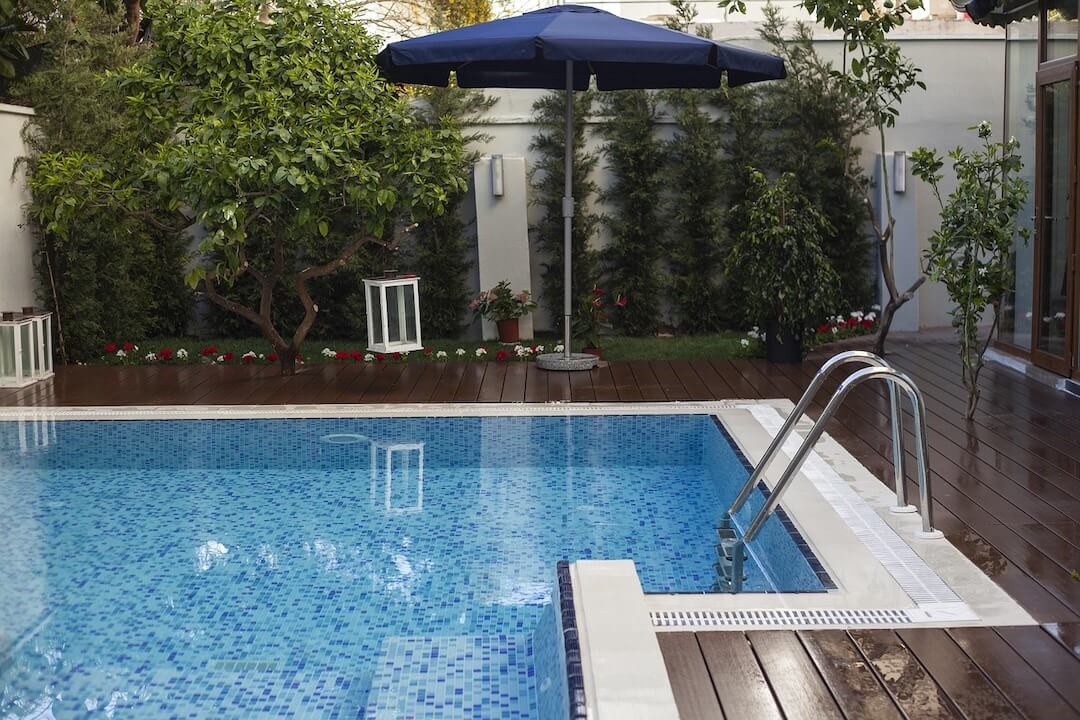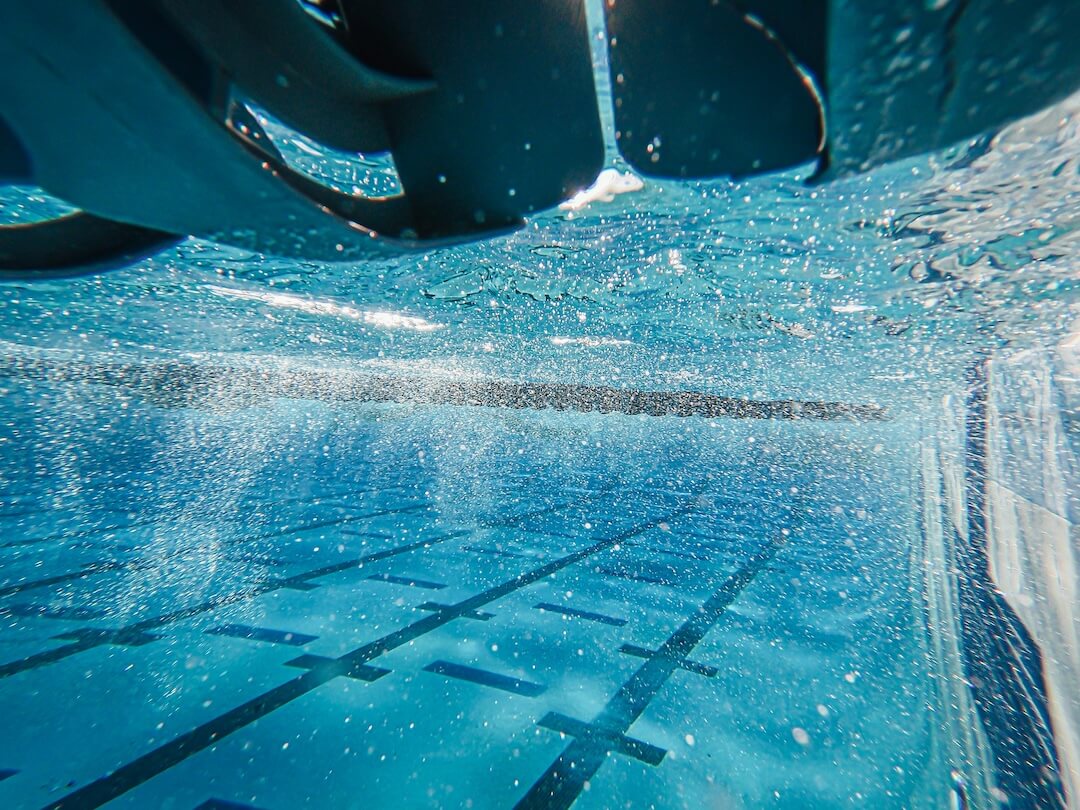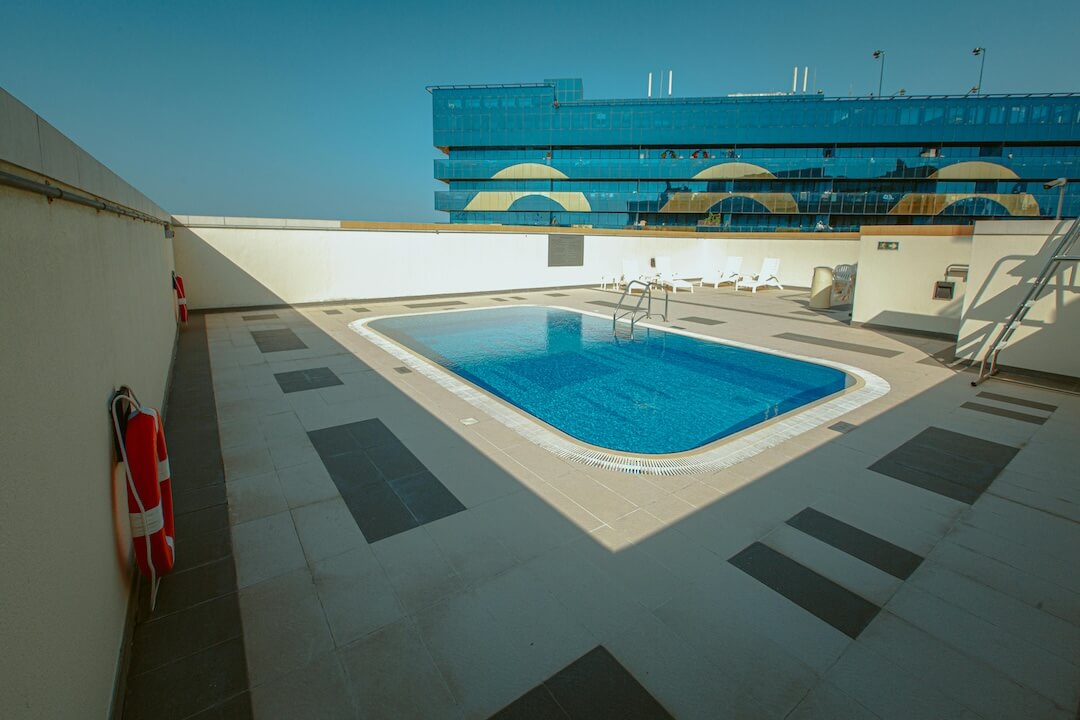How to Balance Pool pH Levels

How to Balance Pool pH Levels
Maintaining the proper pH level in your swimming pool is crucial for ensuring clean, safe, and inviting water. In Boynton Beach, where warm weather and frequent use can impact water chemistry, understanding how to balance your pool's pH is essential for every pool owner. Proper pH levels help prevent equipment damage, inhibit algae growth, and provide a comfortable swimming experience for all users. Our team of pool specialists is here to guide you through the process of testing, adjusting, and maintaining the ideal pH balance to keep your pool in top condition throughout the year.
Why pH Balance Is Important for Your Pool
The pH level measures how acidic or alkaline your pool water is, with a scale from 0 to 14. Ideally, your pool’s pH should be between 7.2 and 7.6. This range is considered optimal because it ensures water clarity, comfort, and effective sanitation. When the pH is too low (below 7.2), water becomes acidic, which can lead to corrosion of pool equipment, etching of the pool surface, and skin or eye irritation for swimmers. Conversely, if the pH is too high (above 7.6), the water becomes alkaline, causing cloudy water, scale buildup on pool surfaces and equipment, and reduced effectiveness of chlorine and other sanitizers.
In Boynton Beach, where high temperatures and frequent water use can quickly alter pH levels, maintaining proper balance is even more critical. An unbalanced pool pH can lead to costly repairs, increased chemical use, and an overall less enjoyable swimming environment. Our experts recommend regular testing and prompt adjustments to keep your pool water chemistry in check.
How to Test Your Pool pH Levels
Accurate testing is the first step toward balancing your pool’s pH levels. There are various testing methods available, including test strips, liquid test kits, and digital testers. Each offers a different level of precision, but all are suitable for routine monitoring. Test strips are quick and easy, making them popular among pool owners in Boynton Beach. Simply dip the strip into the water, wait a few seconds, and compare the color to the provided chart to determine the pH level.
Liquid test kits involve adding a few drops of reagent to a water sample in a test tube, then observing the resulting color change. Digital testers provide precise readings instantly and are especially helpful for detailed water chemistry analysis. We advise testing your pool water at least twice a week during peak usage or hot weather months and more frequently if you notice cloudy water, algae growth, or other issues.
When testing, ensure your pool water is well-mixed by circulating it for a few minutes before taking a sample. Record the readings and compare them to the recommended pH range. If your tests show the pH is outside the ideal range, it’s time to make adjustments.
How to Adjust Pool pH Levels
Adjusting your pool’s pH balance involves adding specific chemicals to increase or decrease alkalinity. To raise pH levels that are too low, pool owners in Boynton Beach can add pH increasers, often containing sodium carbonate (soda ash). When adding chemicals, follow the manufacturer’s instructions carefully to avoid overcorrection. Distribute the chemical evenly across the pool by broadcasting it into the deep end while the pump is running to ensure thorough mixing.
If the pH is too high, it can be lowered using pH reducers like muriatic acid or sodium bisulfate. These chemicals should be added gradually, in small amounts, to prevent abrupt changes that could harm swimmers or damage pool surfaces. Always add chemicals directly into the deep end or a skimmer while the filter system is running, and wait at least four hours before retesting.
For pools in Boynton Beach, where frequent chemical adjustments may be necessary due to climate factors, regular testing and cautious chemical addition are key. Our pool experts recommend maintaining a stable pH to minimize chemical consumption, save costs, and prolong equipment lifespan.
Tips for Maintaining Balanced Pool Water Chemistry
Consistency is vital when it comes to keeping your pool’s pH levels balanced in Boynton Beach. Establishing a routine for testing and chemical adjustment will help prevent issues before they develop. Keep a log of your water test results and chemical additions to identify patterns and optimize your pool maintenance schedule.
Ensure your filtration system operates efficiently, as proper circulation helps distribute chemicals evenly throughout the water. Cleaning your pool regularly, including skimming debris and vacuuming the bottom, supports overall water quality and prevents pH imbalances caused by organic matter.
Use high-quality chemicals from reputable sources, and always store them safely out of reach of children and pets. During hot summer months, when evaporation rates are higher, top off your pool with fresh water and retest the pH to catch any shifts early.
In Boynton Beach, where outdoor pools are popular and used frequently, investing in a good pool cover can help reduce debris and chemical loss, making maintenance easier. Remember, if you’re unsure about the correct chemical levels or need assistance, our pool specialists are always available to provide professional advice and service.
Common Issues Caused by Imbalanced pH and How to Fix Them
If you neglect your pool’s pH levels, various problems can arise that impact both your swimming experience and the health of your pool equipment. Cloudy water is a common sign of pH imbalance, often caused by high alkalinity or low pH. Scaling buildup on the pool surface, tiles, and equipment can result from high pH levels, leading to costly repairs.
Skin and eye irritation among swimmers is another indication that your water chemistry needs attention. Algae growth, which thrives in unbalanced water, can quickly turn your pool into a health hazard if not addressed promptly.
To fix these issues, conduct regular testing, and adjust pH levels accordingly. Use appropriate chemicals in small doses, retest after several hours, and repeat as necessary until the pH stabilizes within the recommended range. Also, consider balancing other key parameters like total alkalinity and calcium hardness to support overall water stability.
Our pool specialists in Boynton Beach emphasize the importance of comprehensive water testing and balanced chemistry to prevent these common problems. Proper maintenance not only prolongs your pool’s lifespan but also ensures you and your family enjoy a clean, safe swimming environment all season long.
When to Call a Pool Professional
While routine testing and chemical adjustments are manageable for most pool owners, certain situations warrant professional assistance. If you notice persistent cloudy water despite regular chemical additions, or if you experience ongoing pH swings, it’s time to consult our pool experts.
Complex issues like persistent algae blooms, equipment malfunctions, or damage caused by improper chemical use require professional diagnosis and repair. Additionally, if you’re unsure about chemical safety or unsure how to interpret your test results, our specialists are here to help.
In Boynton Beach, where climate conditions can influence water chemistry, working with experienced pool professionals ensures your water remains balanced and safe. Regular professional inspections can help identify underlying problems early, saving you money and hassle in the long run.
Maintaining balanced pool pH levels is an ongoing process that benefits from expert guidance. Contact us whenever you need reliable support, and we will help keep your pool in pristine condition.
Our commitment is to provide Boynton Beach residents with expert advice, quality service, and peace of mind when it comes to pool health. Proper pH balance is just one aspect of comprehensive pool care, and our specialists are ready to assist you every step of the way.



